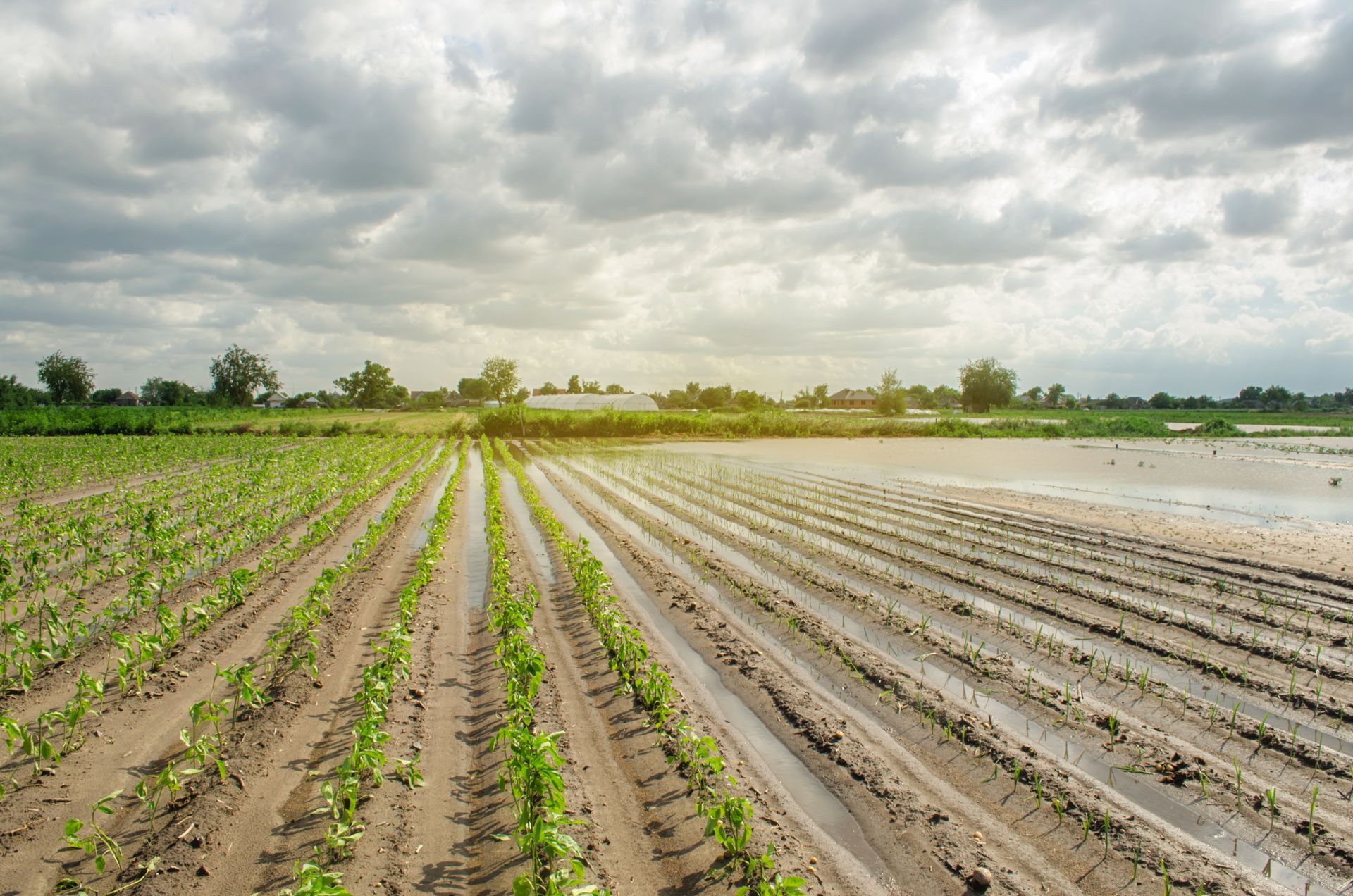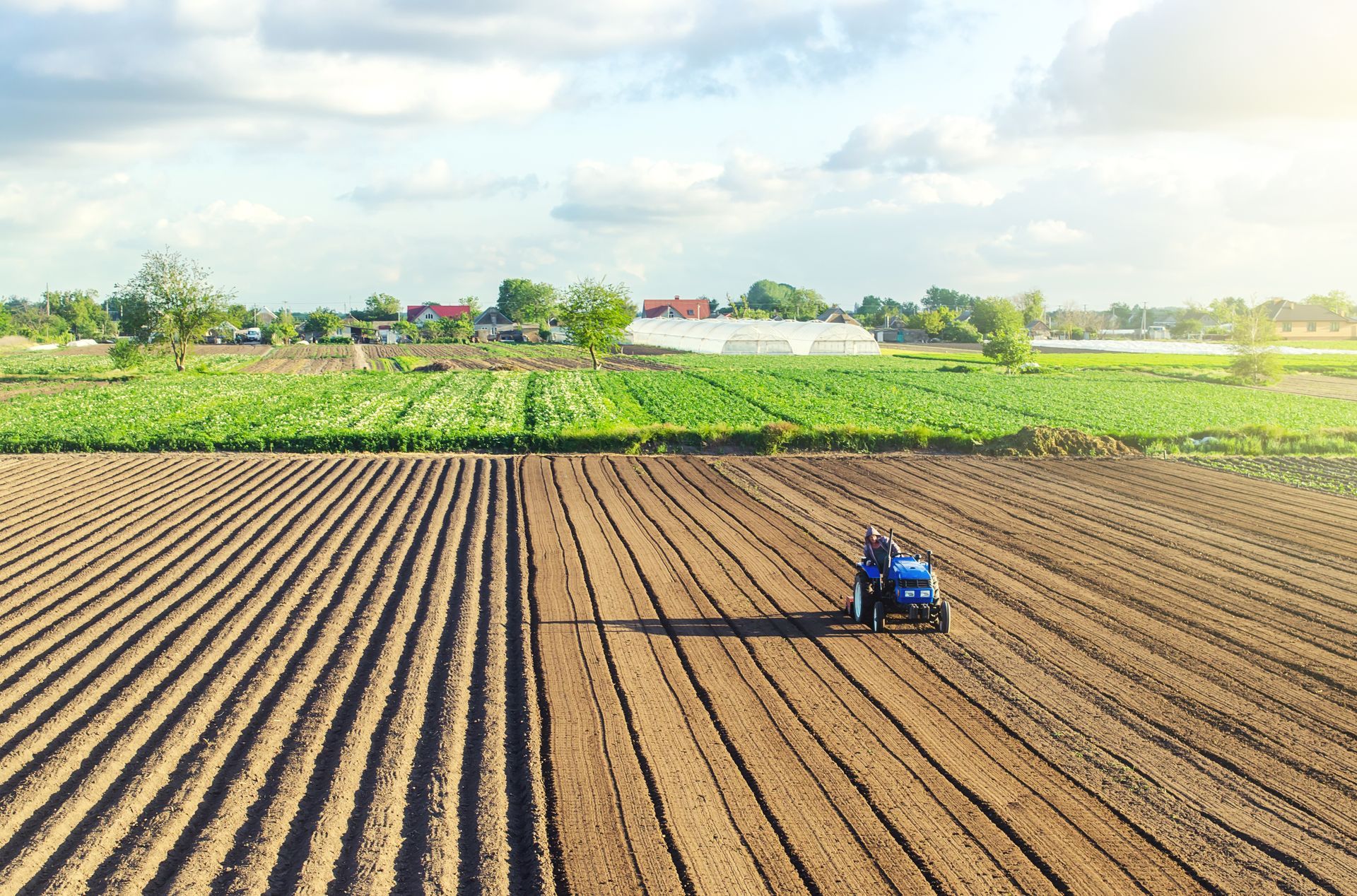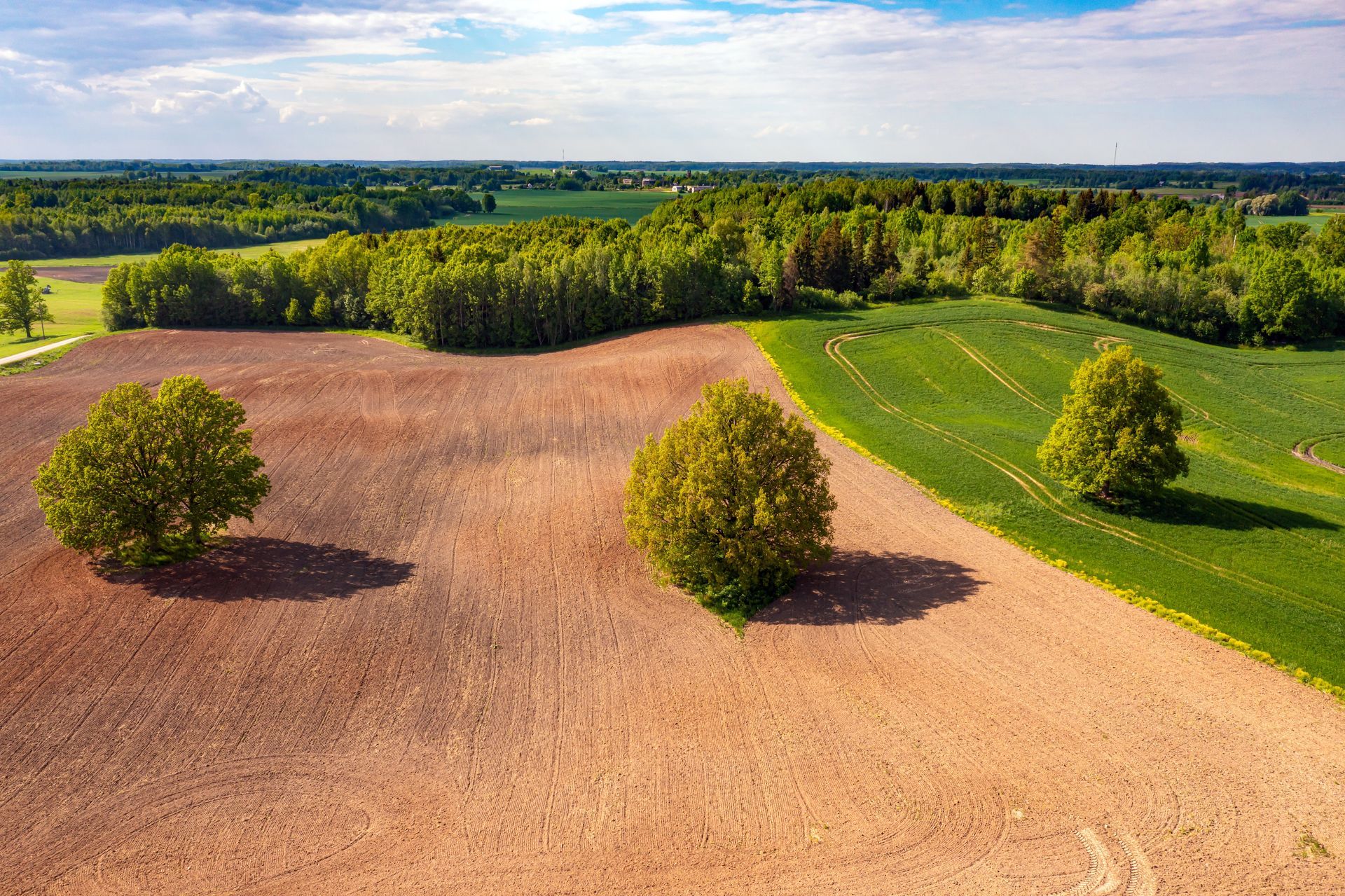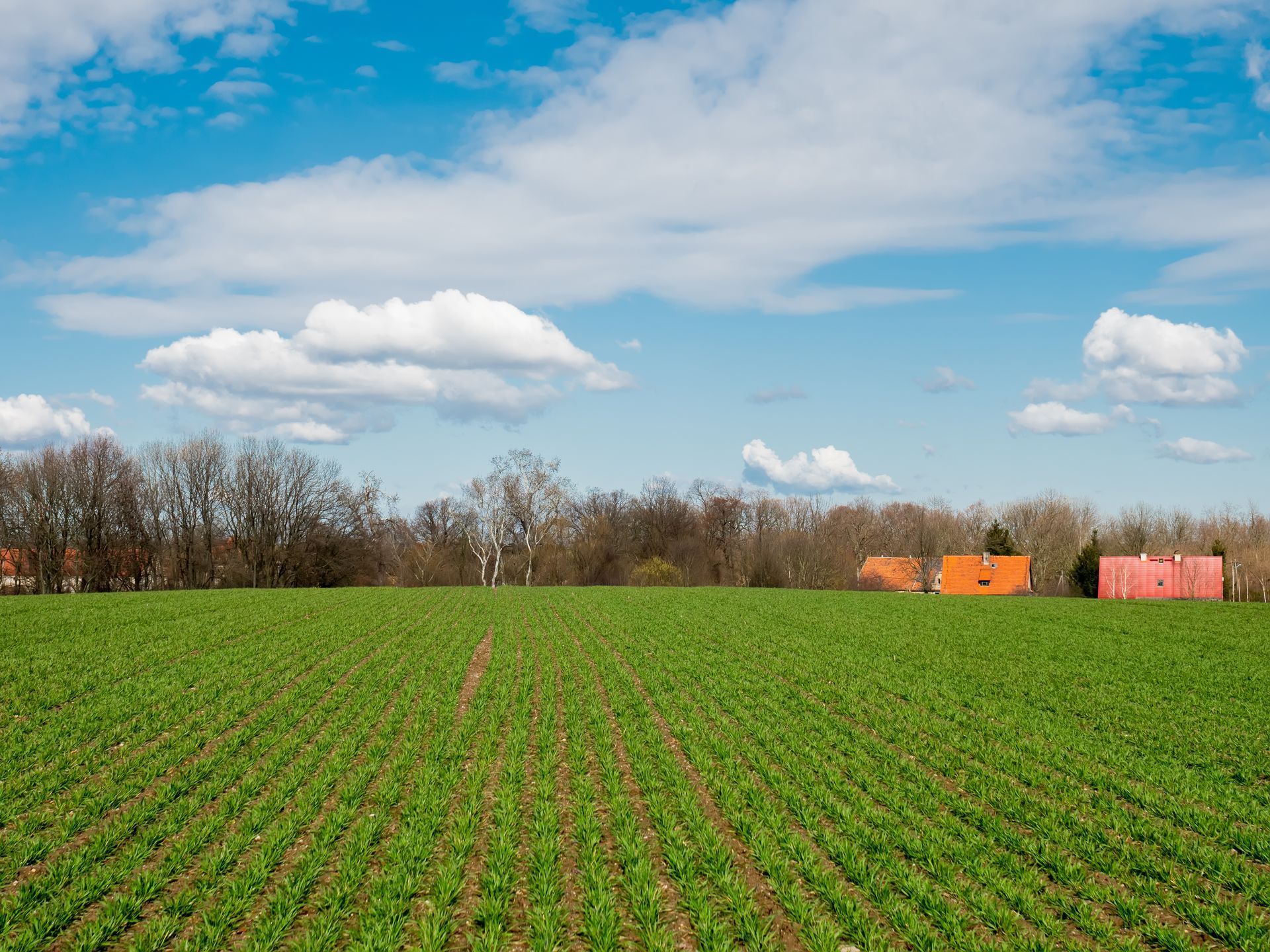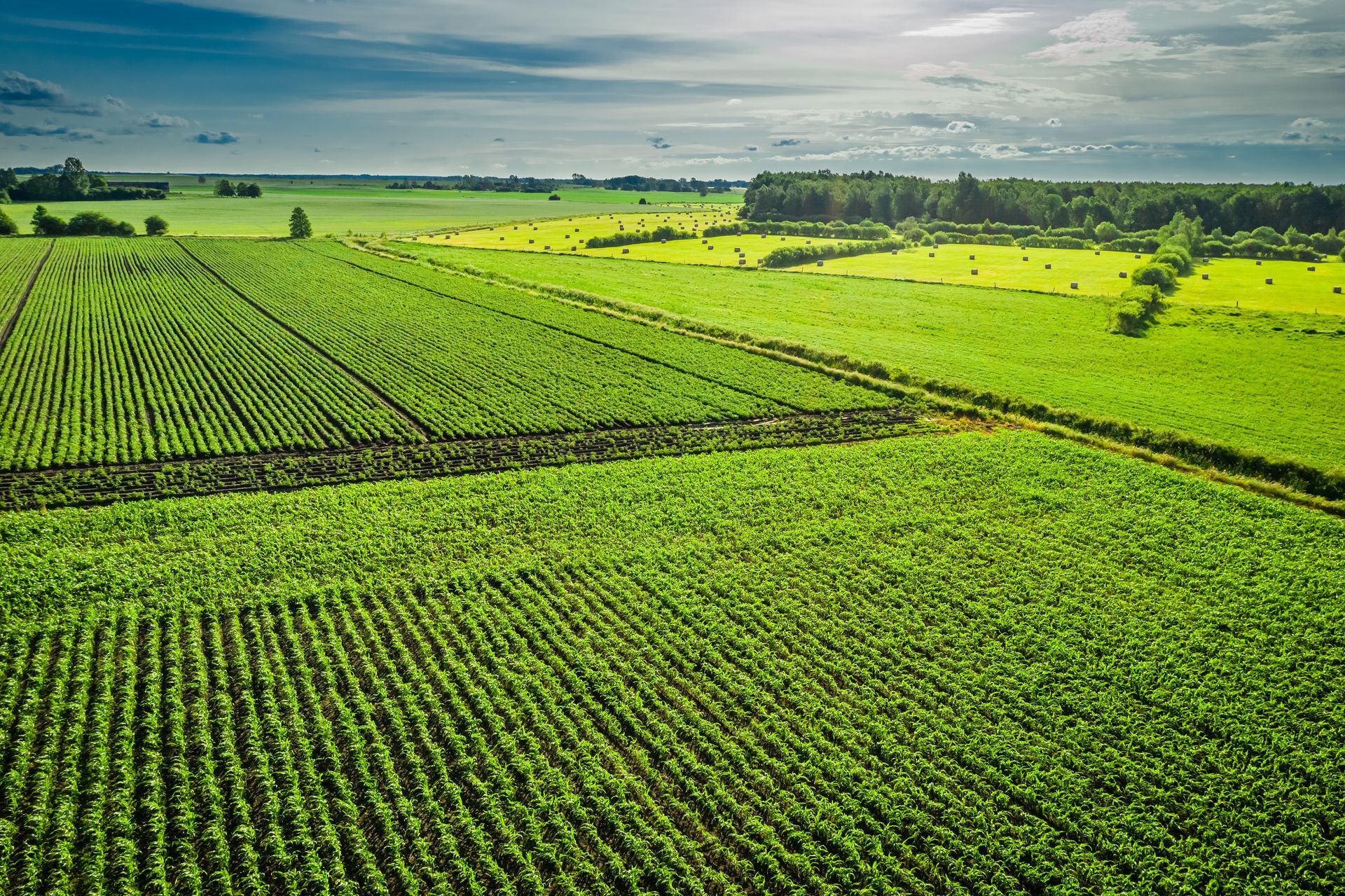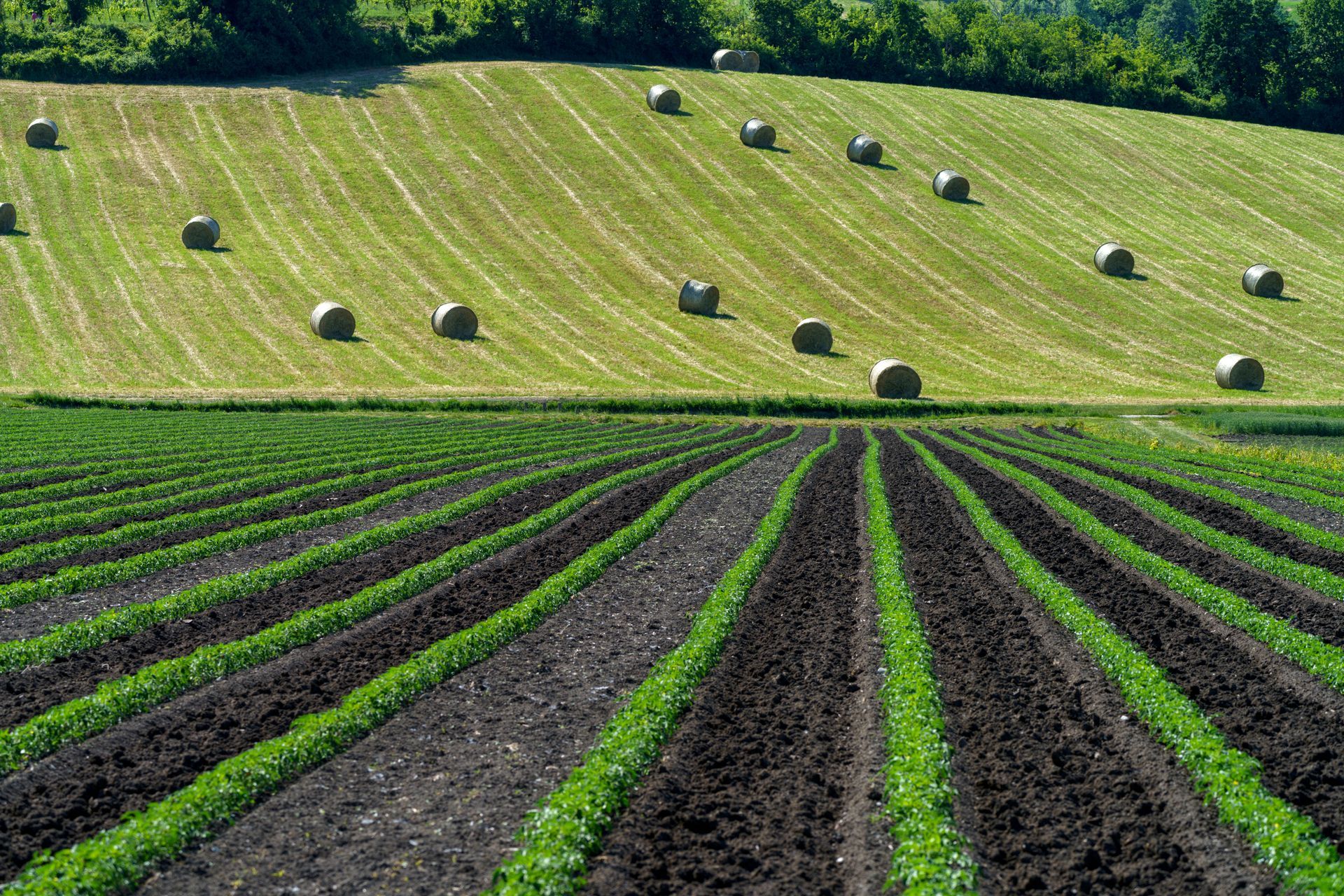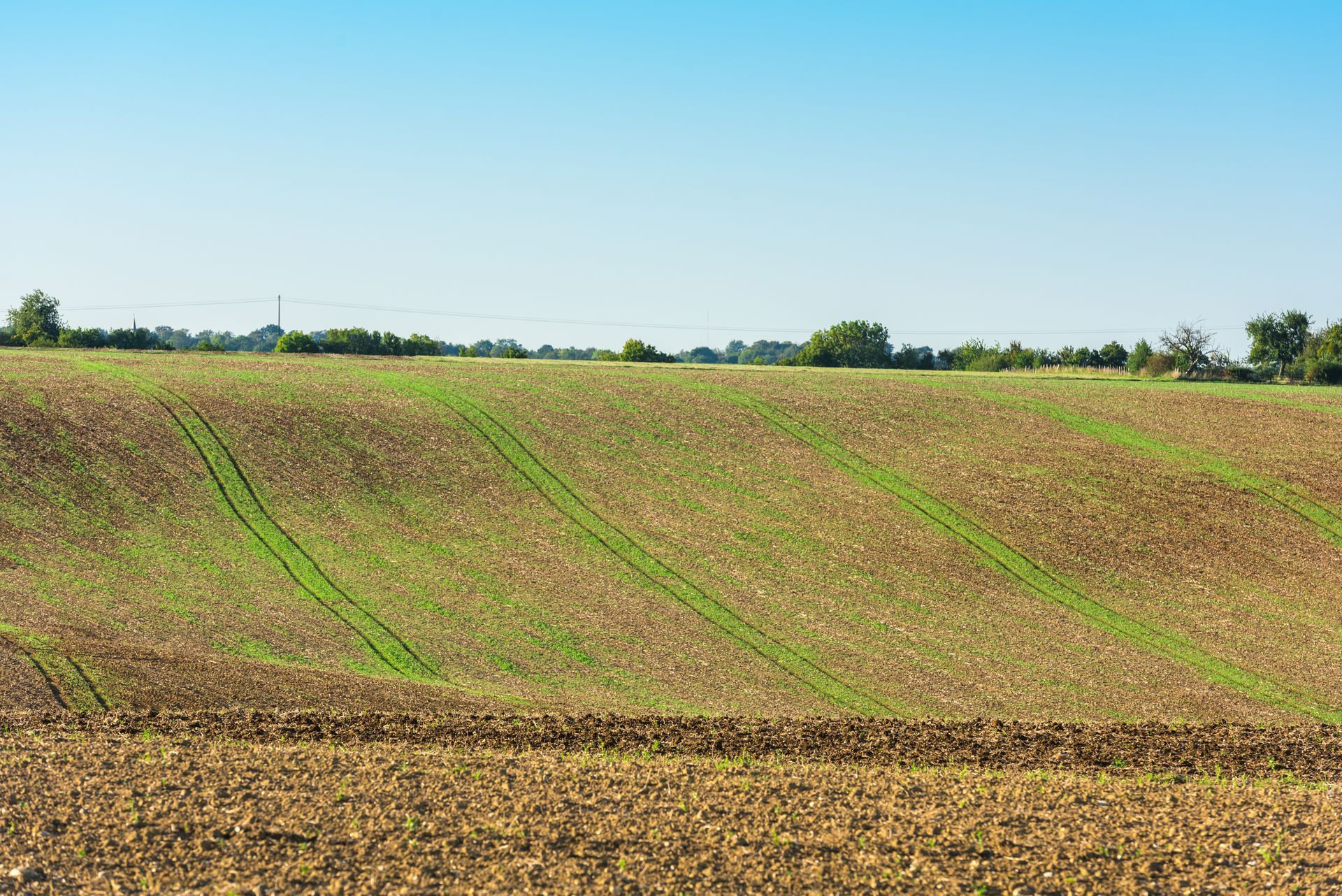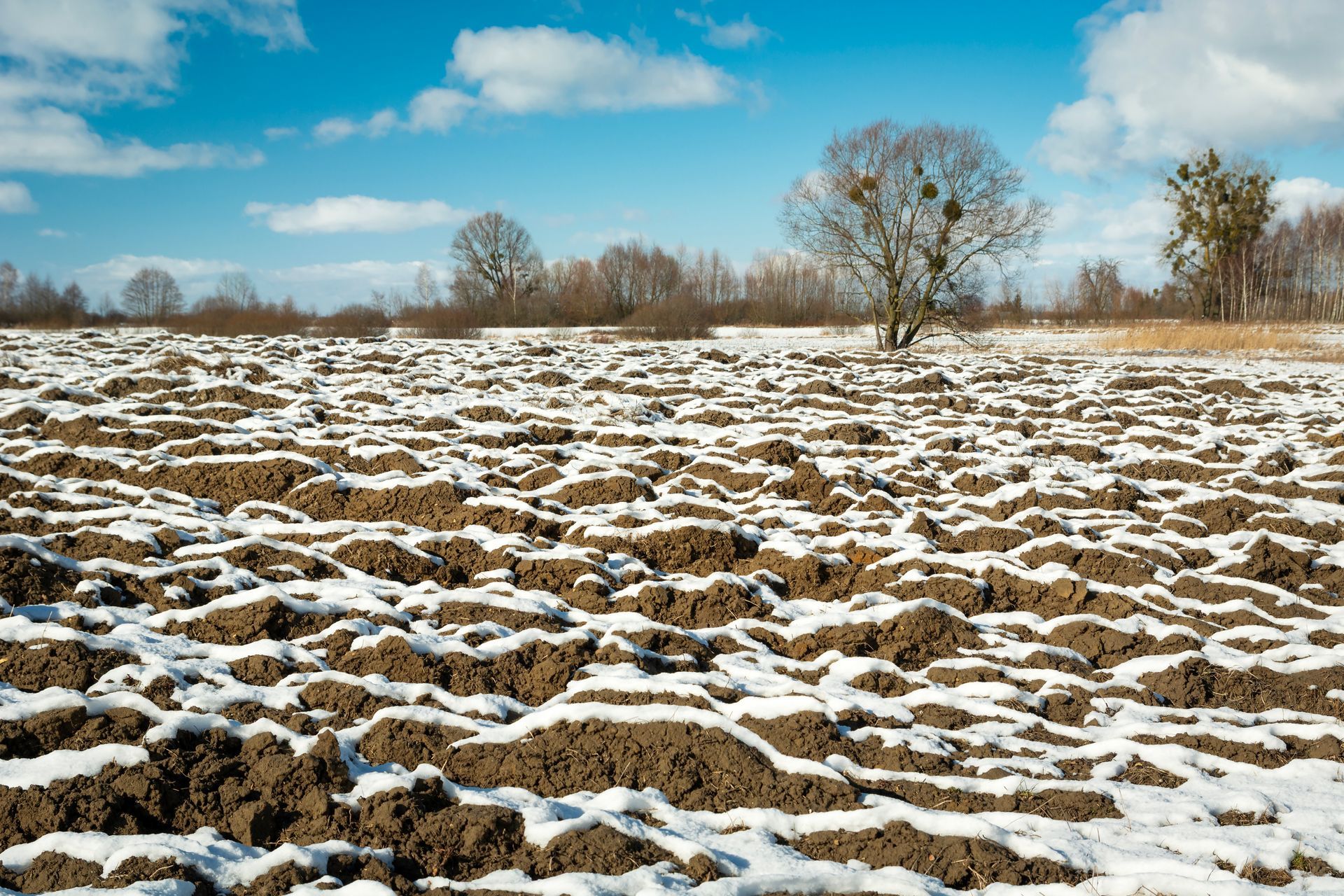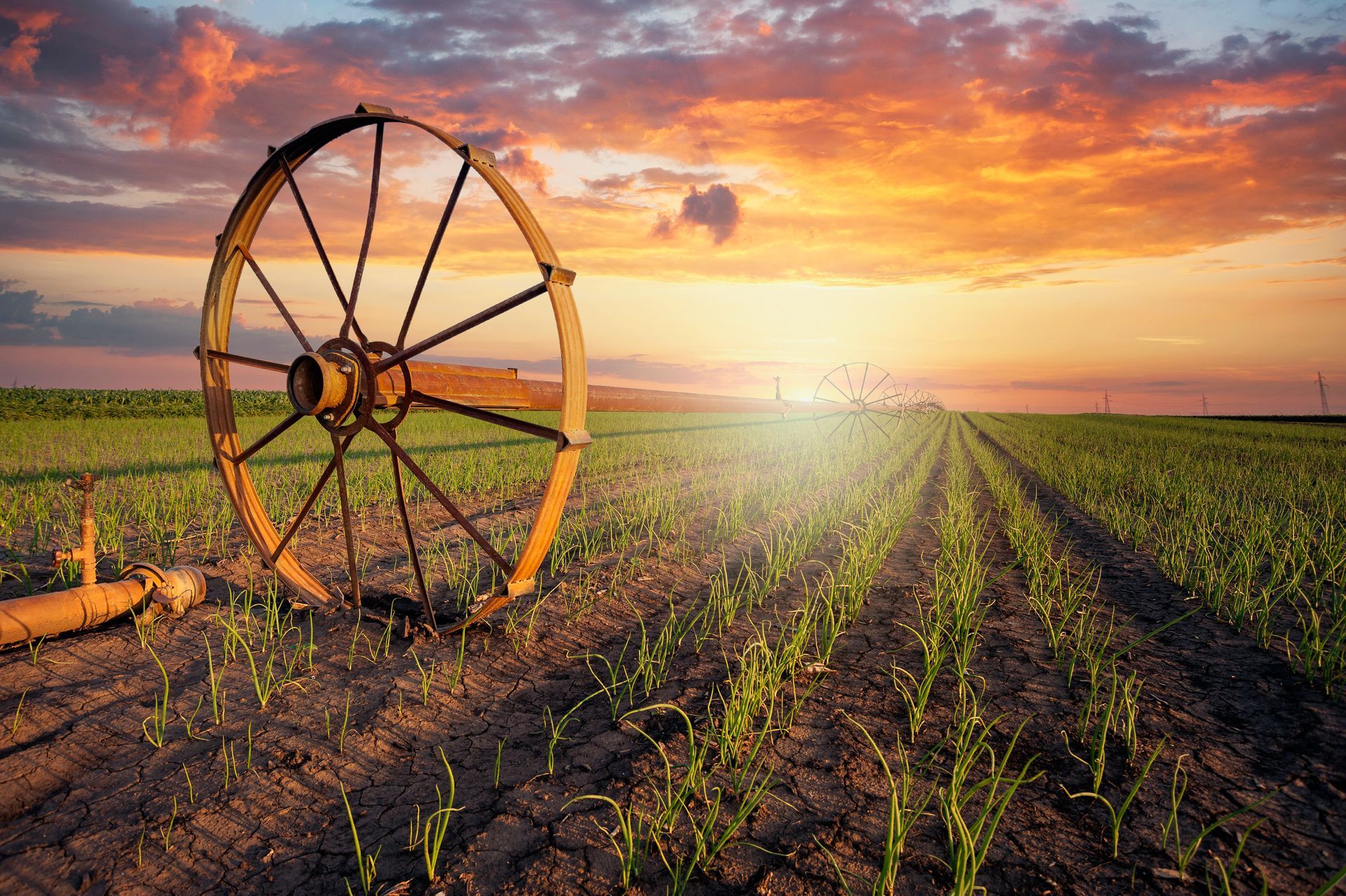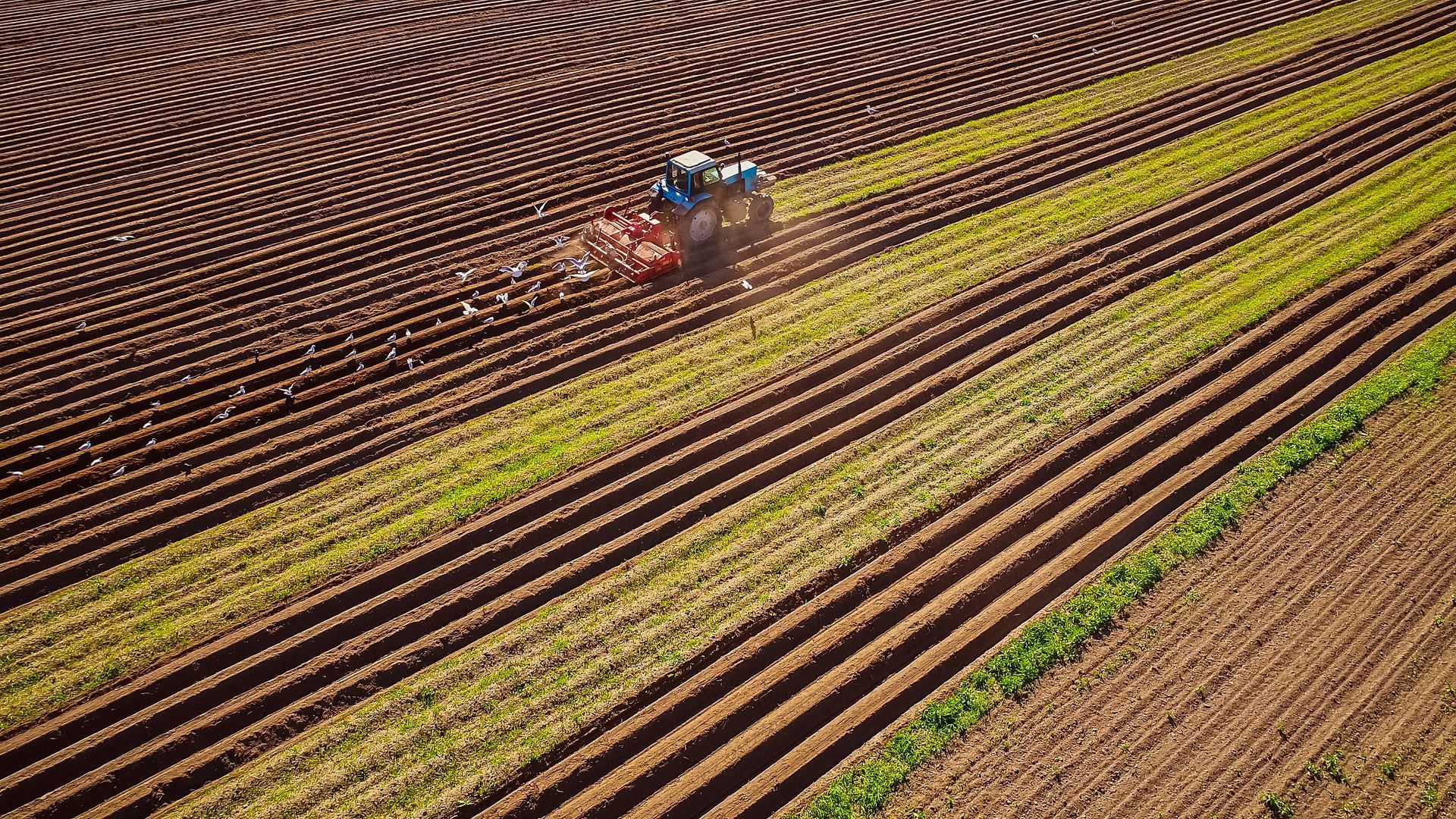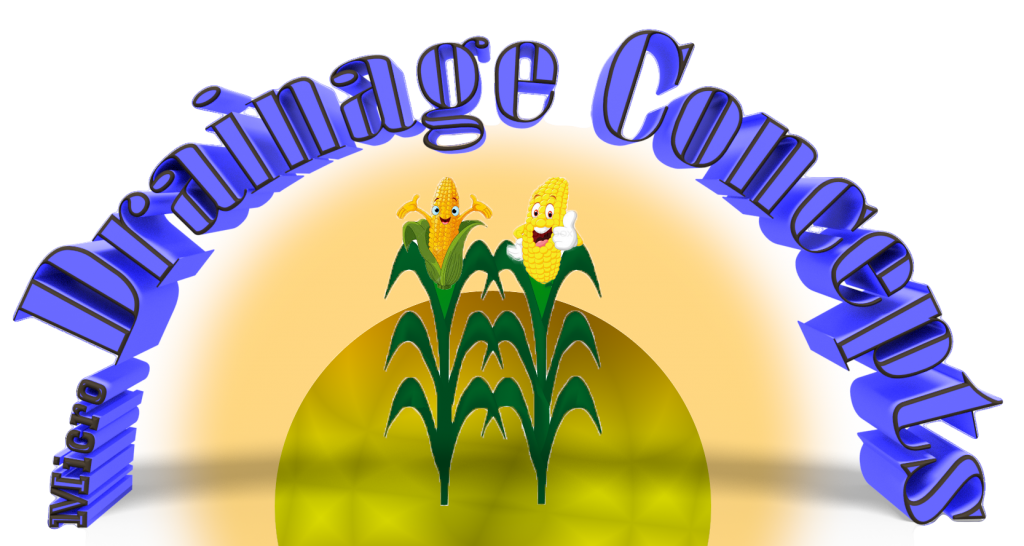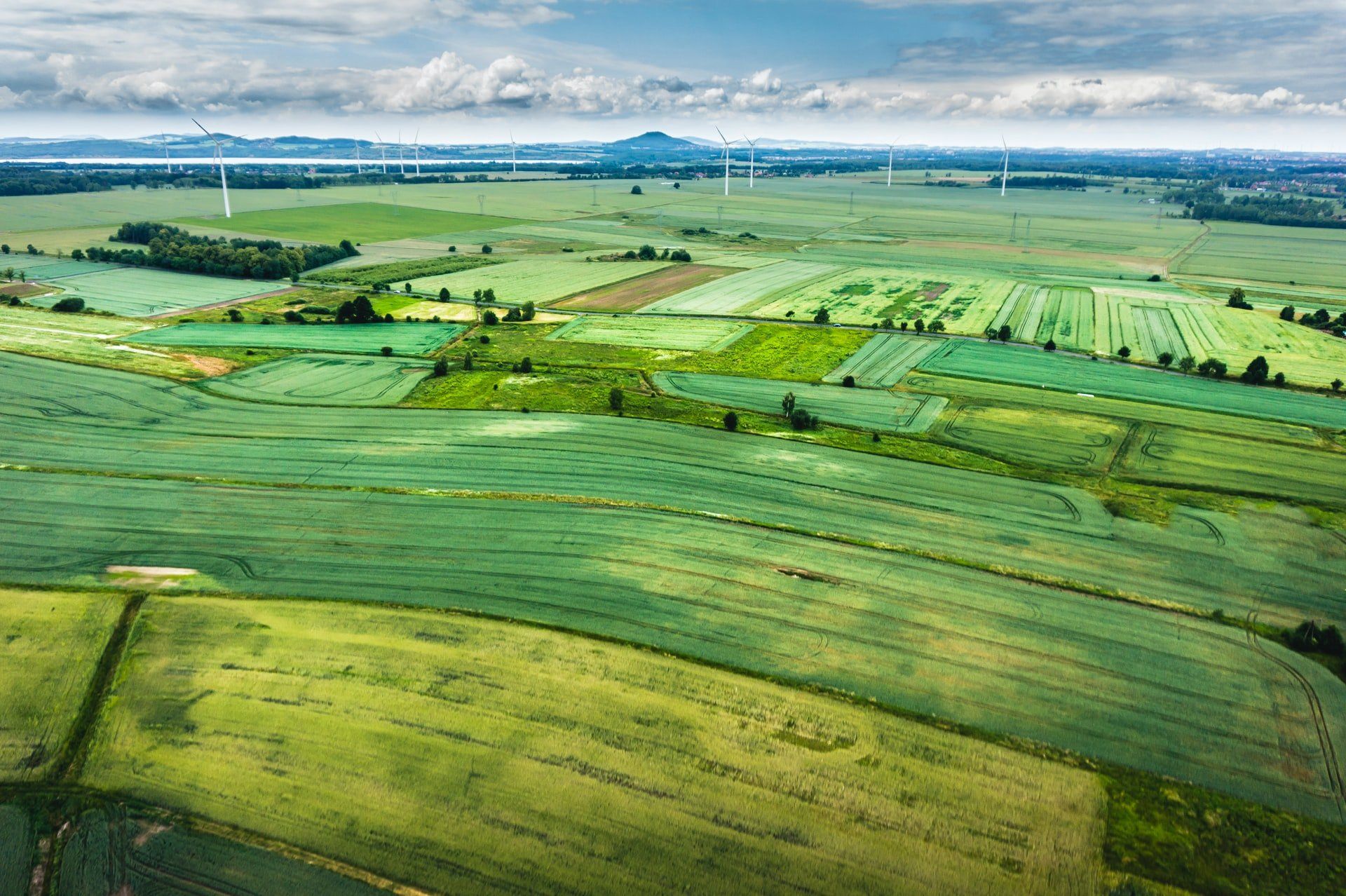Conventional Farming and Micro-Drainage
Conventional farming is perhaps the most widely practiced type of farming in the United States, allowing farmers to manage a variety of inputs in a way that better ensures consistent crop yields. Uniform application of fertilizer, pesticides, soil amendments, and irrigation water can be highly efficient and profitable. However, water drainage issues can also create serious issues for such operations.
Common Water Issues With Conventional Farming
Water drainage issues in your fields could include runoff, excess soil erosion, or even the presence of standing water. Such issues could cause certain areas to become oversaturated, while others don’t get enough water. Either way, these concerns can cause you to lose valuable crops while depleting nutrients from the soil. You could also lose valuable time when you aren't able to use machinery in excessively wet soil conditions.
Micro-Drainage Solutions
Micro-drainage encompasses both surface and sub-surface level solutions to remove excess water. Re-grading the land to achieve positive grade will route surface water to shallow ditches to carry it away from your crops. Narrow pipe drains are also installed roughly 2 feet below the surface with close lateral spacing to remove water from the root zone. Improving drainage protects the crops and the nutrients in the soil so you can achieve a stronger yield.
By investing in micro-drainage, you can increase your farmland’s soil health and crop yield, ensuring better outcomes year after year. Richland Micro Drainage can design micro-drainage solutions customized to the unique layout of your property to achieve effective results.
Contact us today to learn how you can increase crop production without depleting your soil.
